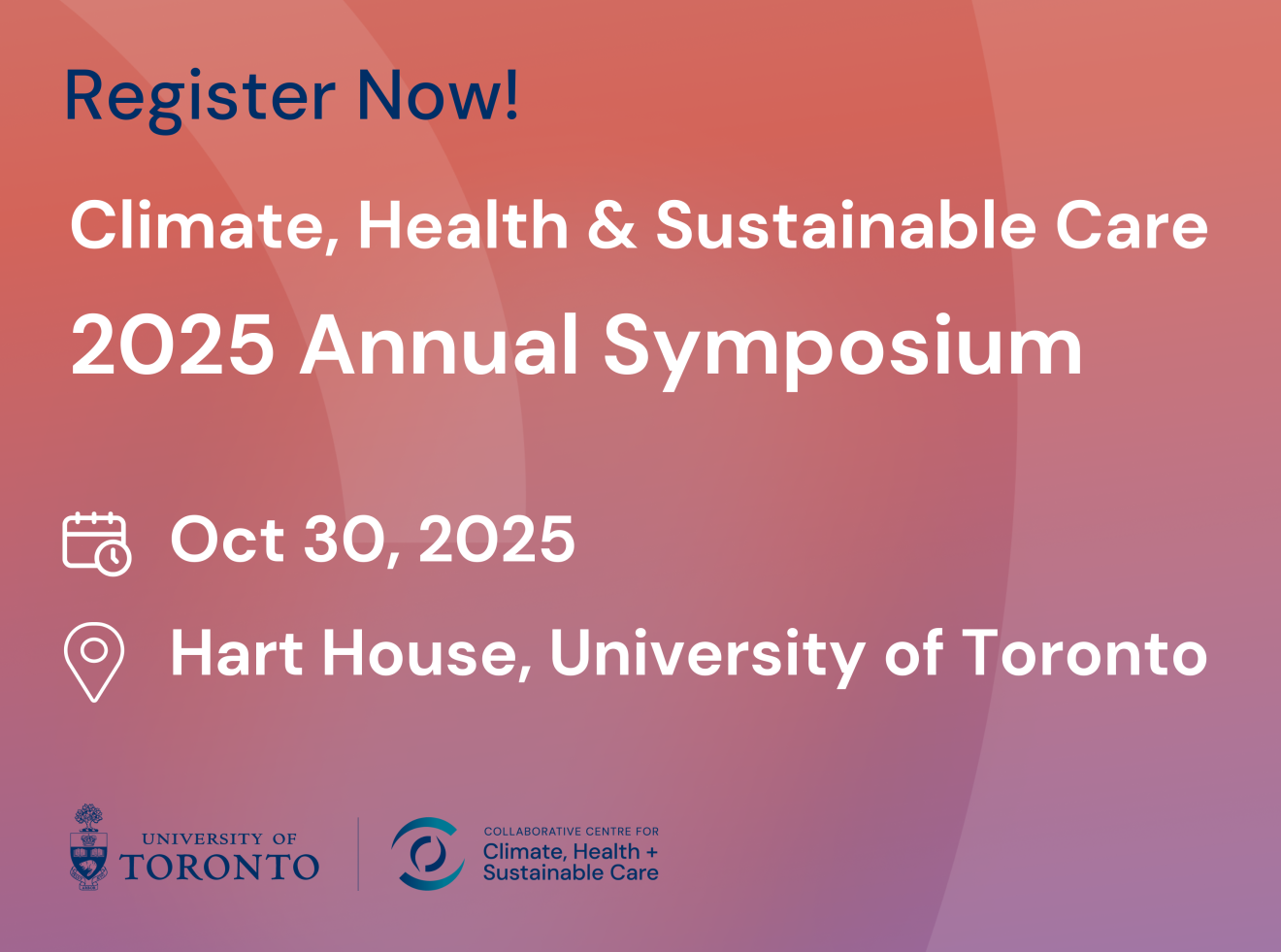Climate change intersects with mental and brain health in multiple ways. Climate shocks and stresses create mental distress, impact brain development, and can amplify mental illness resulting in significant morbidity and mortality. As a risk multiplier, the impacts of climate change are not equitably distributed. They disproportionately affect those who are more exposed due to factors such as occupation or inadequate housing and are more vulnerable due to bio-psycho-social and structural conditions.
Addressing the mental health implications of climate change is thus a critical priority – one that members of the Collaborative Centre are well-placed to support.
People

Sean Andrew Kidd

Siqi Xue

Swelen Andari

Daniel Rosenbaum

Samantha Green

Sarah E. Levitt
Assistant Professor, Department of Psychiatry, Temerty Faculty of Medicine, University of Toronto
Partners and Initiatives
Initiatives
- Youth Taking Action on Climate Change by Centering Mental Health
- The Canadian Poverty, Health Equity and Climate Change Initiative
- Heat Resilience in Community Psychiatry: How can we prevent heat related illness in people with Severe & Persistent Mental Illness?
If you have an initiative that aligns with this research cluster, you can submit it to this form:
Reach out if you are interested in partnering with us on this research cluster:
Partners
The Centre for Addiction and Mental Health (CAMH) is Canada’s largest mental health teaching hospital and one of the world’s leading research centres in its field. CAMH is fully affiliated with the University of Toronto and is a Pan American Health Organization/World Health Organization Collaborating Centre.

